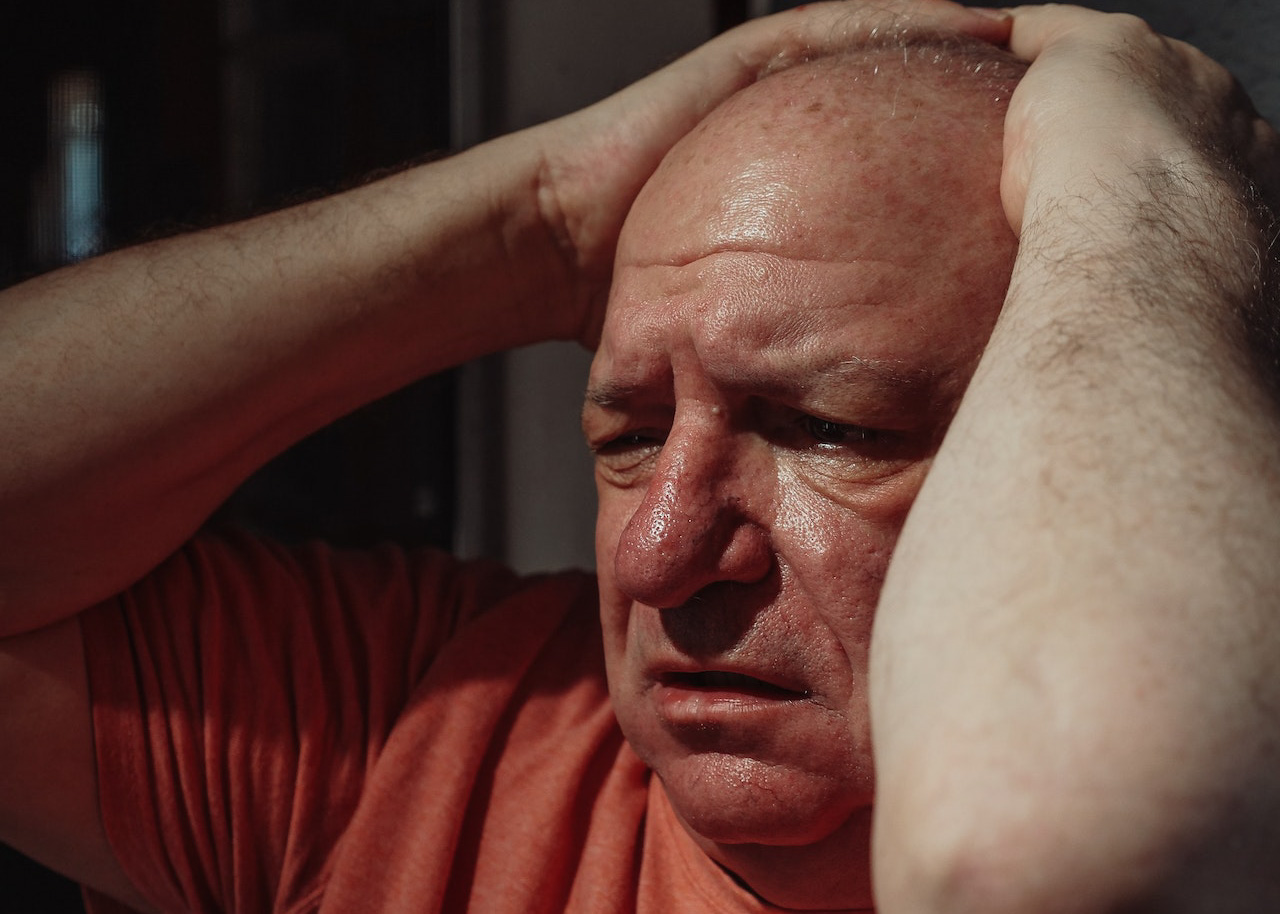The basics of brain injuries

In Australia around 1 in 45 adults live with a brain injury so it’s fair to say brain injuries are quite common. This week is Brain Injury Awareness Week (21-27 August 2023), which helps raise awareness of brain injury and how it impacts people’s lives.
Brain injury means something is wrong with your brain. It can happen because of an accident, illness, or as a result of age related conditions such as dementia or Parkinson’s disease. Some people are born with a brain in jury because something happened during pregnancy.
Brain injuries can make it hard for your brain to work properly. Sometimes, people with brain injuries look normal on the outside, even though their brain doesn’t work like it used to. This is why brain injuries are referred to as an ‘invisible disability’. This can make it hard for doctors to diagnose and lead to confusion and misunderstanding when other people can’t see the problem.
There are different reasons why brain injuries happen. They can be caused by an accident or some illnesses can affect your brain, like infections or diseases. Even things like drinking alcohol when your mother is pregnant can hurt your brain.
The effects of brain injuries can be different for each person. These effects can be categorised into cognitive, physical, behavioural and psychological effects and can include:
Cognitive Effects:
- Memory problems
- Difficulty with problem-solving
- Poor concentration and attention
- Reduced ability to organise and plan
- Lack of initiative and motivation
- Poor judgment and lack of awareness
Physical Effects:
- Movement disorders and paralysis
- Dizziness and balance problems
- Epilepsy and seizures
- Eyesight, hearing, and speech problems
- Headaches
- Chronic pain
- Fatigue and sleep disorders
Behavioural Effects:
- Irritability and anger
- Slower responses
- Poor social skills
- Impulsive behaviour and/or a lack of emotional control
Psychological Effects:
- Stress
- Depression
- Panic attacks
- Anxiety
Brain injuries can also cause other changes in a person’s life. They might have to live in a different way, make new friends, or find it hard to work or go to school. Relationships with family and friends might change too.
There are a number of different options to treat brain injury:
- Speech therapy can be used to help improve speech, facial movement, cognition and memory
- Occupational and physical therapy can help regain strength and ease of movement
- Counselling can help a person dealing with what has happened, acceptance of the injury and it’s impacting on your life
- Medicines to treat headaches, anxiety or depression
- Surgery may be needed if there’s pressure on the brain or to help control bleeding
Each person with brain injury is impacted in a different way which means treatment options may be different and the outcomes of treatment won’t be the same for different people.
Talk to your doctor if you have any questions or concerns about brain injuries.